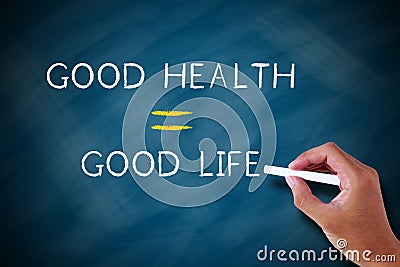Truly Eggcellent!
Truly Eggcellent!
 Nobody seems to like them anymore unless it’s Sunday brunch and you’re splurging on Eggs Hollandaise. Iconic, beautiful, simple, reminding you of childhood and toast but now obscured under a cloud of bad press and negative connotations, eggs have been banished from our plates by a few of high cholesterol and fat. At the very least, we’re told to avoid the yolks, resulting in endless egg white omelet’s and other sanitized egg concoctions. And should you decide to risk your heart, health and sanity and actually buy a crate of eggs, you’re confronted by a bewildering variety of options, defeating you almost from the start. So what’s the deal, what’s the skinny on them? Are they bad for you, good, should you skip the yolks, or what?
Nobody seems to like them anymore unless it’s Sunday brunch and you’re splurging on Eggs Hollandaise. Iconic, beautiful, simple, reminding you of childhood and toast but now obscured under a cloud of bad press and negative connotations, eggs have been banished from our plates by a few of high cholesterol and fat. At the very least, we’re told to avoid the yolks, resulting in endless egg white omelet’s and other sanitized egg concoctions. And should you decide to risk your heart, health and sanity and actually buy a crate of eggs, you’re confronted by a bewildering variety of options, defeating you almost from the start. So what’s the deal, what’s the skinny on them? Are they bad for you, good, should you skip the yolks, or what?
First off, the reason eggs acquired such a bad rap was because back in the day, when scientists (egg-heads, haha) were first investigating the nutritional value of food stuffs, they were investigating and focusing on the link between cholesterol and heart disease. Eggs, they discovered, has a high amount of cholesterol, so everybody immediately began to scream and back away. Since then, however, scientists have wisely avowed that cholesterol is less important when it comes to heart disease than saturated and trans fatty acids. In fact, numerous studies have failed to establish a link between egg consumption and heart disease in healthy, non-diabetic adults. The U. of Connecticut ran a hard core egg study in which applicants had to eat 3 eggs/day for 30 days. At the end, susceptible people had raised their cholesterol levels, but their LDL particles were also larger (a good thing, because smaller sizes can more easily enter arterial walls),and that there was no change between LDL and HDL (bad ad good cholesterol levels, respectively). Which implies no increased risk of heart disease. In fact, the American Heart Association’s recommendation for people with normal blood cholesterol is less than 300mg/day, and an egg has about 215mg. So if you’re still fixated on the cholesterol, there you go.
So what’s so great about eggs, anyway? Nutritionally speaking, brown and white eggs are the same, so don’t worry about that, though a darker yolk may have more beneficial cartenoids. All eggs come with a perfect pattern of nine essential amino acids, which translates into six grams of the highest biological value protein in a large egg. Also: the egg yolk has half of the protein, so if that’s what you’re after, don’t ditch it. This protein causes satiation, and the B vitamins present cause energy production, so starting your day with an egg can keep away hunger pangs while boosting your energy levels, so hey hey hey. Choline, a member of the B vitamin family, is another plus for active people. Found in eggs, it produces brain neurotransmitters that help with memory and relay messages from the brain through the nerves to the muscles. Egg yolk also contains lutein and zeaxanthin for eye health, vitamin D for bone, and folate that reduces heart disease risk by lowering the homocystein levels-and all this for just 75 calories.
So there seem to be some excellent reasons to eat eggs. An egg-white omelet made with one whole egg and two egg whites on a non-stick pan has 13 grams of protein, 25% of daily choline and only 106 calories. To lower the cholesterol levels, substitute two egg whites for the whole egg. Also, mix up the kind of eggs you buy! A quail egg has 14 calories each, 1 gram of protein and .19 grams of cholesterol. Eggland’s Best eggs have an extra 100mg of omega-3 fatty acids and have 25% less saturated fat. Country Hen Organic eggs have 17mcg of selenium, and 450g of lutein and zeaxanthin. And what’s best? At 21 cents each, they’re a nutritional bargain!



